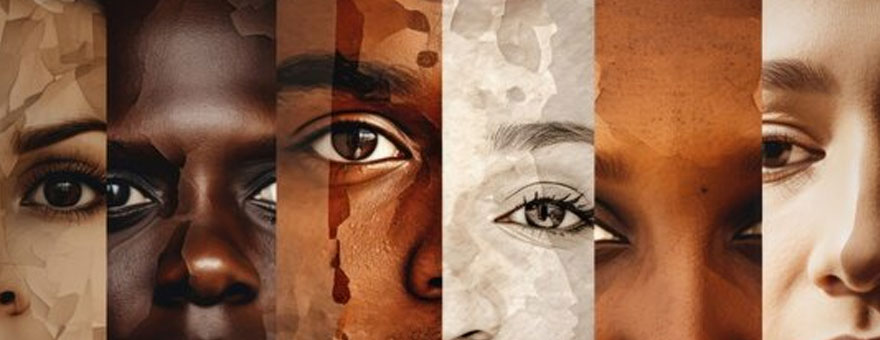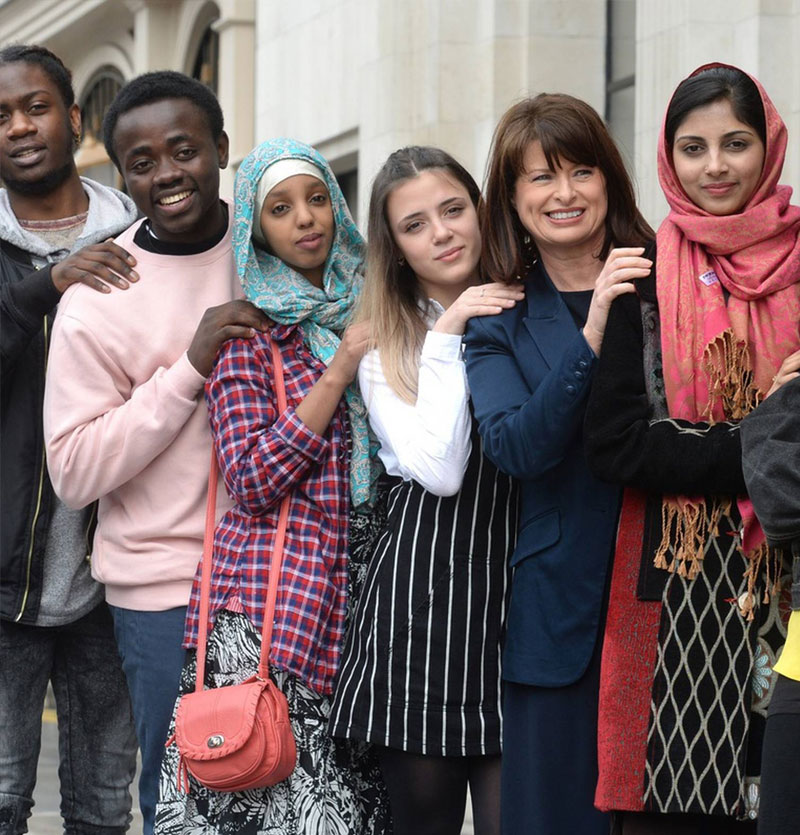Introduction
In a world where diversity should be celebrated, racial discrimination continues to persist as a pervasive issue. Every year, on March 21st, the International Day for the Elimination of Racial Discrimination serves as a reminder of the ongoing struggle against this social injustice. It’s a day to reflect on progress made and to recommit to the fight against racial prejudice in all its forms.
Understanding Racial Discrimination
Racial discrimination encompasses any distinction, exclusion, restriction, or preference based on race, color, descent, or national or ethnic origin that has the purpose or effect of nullifying or impairing the recognition, enjoyment, or exercise, on an equal footing, of human rights and fundamental freedoms.

Root Causes
Racial discrimination stems from deep-rooted prejudices, stereotypes, and historical injustices. It is fueled by ignorance, fear, and a lack of empathy. Structural inequalities, institutionalized racism, and systemic biases further perpetuate discriminatory practices in various facets of life, including education, employment, housing, healthcare, and criminal justice.
Challenges in the 2st Century
Despite significant progress in civil rights movements and legislative reforms, racial discrimination persists in subtle and overt forms. In the digital age, social media platforms can be breeding grounds for hate speech, online harassment, and racial profiling. Additionally, globalization and migration have led to increased cultural diversity, which, while enriching, has also exposed underlying tensions and xenophobic tendencies.

Strategies for Elimination
- Education and Awareness:Promoting diversity education and multicultural awareness from an early age can challenge stereotypes and foster empathy and understanding.
- Legislative Reforms: Enforcing anti-discrimination laws and implementing policies that promote equality and inclusivity are crucial steps toward eliminating racial bias.
- Community Engagement: Building inclusive communities through dialogue, collaboration, and grassroots activism can create safe spaces for marginalized groups and promote solidarity.
- Corporate Responsibility: Encouraging diversity and inclusion in workplaces and holding corporations accountable for discriminatory practices can lead to more equitable opportunities.
- Media Representation:Promoting positive portrayals of diverse cultures in media and challenging harmful stereotypes can combat prejudice and promote empathy.
Role of Individuals
Each individual has a responsibility to examine their own biases, privilege, and complicity in perpetuating racial discrimination. By actively challenging prejudice, speaking out against injustice, and supporting marginalized communities, individuals can contribute to a more equitable and inclusive society.
Conclusion
The fight against racial discrimination is an ongoing struggle that requires collective action and unwavering commitment. As we commemorate the International Day for the Elimination of Racial Discrimination on March 21st, let us renew our dedication to building a world where every person, regardless of race or ethnicity, can live with dignity, respect, and equality. Only through unity, empathy, and solidarity can we truly eliminate racial discrimination in the 21st century and beyond.
The writer is a seasoned researcher and an Advocate, working as a Legal Advisor at the International Commission on Human Rights (ICOHR), a human rights NGO in Pakistan.



